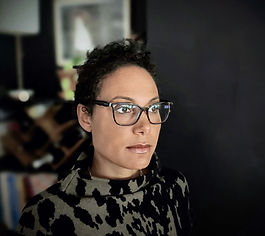NAP
About Us
The Nomadic Archivists Project (NAP) is a pioneering initiative dedicated to partnering with individuals, community groups, organizations, and institutions to establish, preserve, and enhance collections that illuminate the global Black experience.

Our Foundation
NAP is built on the foundation of equitable partnerships, grounded in the needs and aspirations of the communities we serve. We are deeply committed to promoting archival awareness and literacy, partnering with those unfamiliar with the processes of identifying, collecting, and safeguarding cultural heritage to take ownership of their stories and ensure their legacies endure.
We prioritize archiving local histories from a grassroots perspective, challenging the traditional notion that curation and preservation must align with the missions of conventional repositories. Instead, we champion flexibility and the autonomy of individuals and communities to shape the narrative of their creative endeavors, political advocacy, family legacies, and histories on their own terms.
Interested in Partnering
For inquiries about NAP partnering with you on your archival projects, speaking engagements, seminars, and workshops, please contact us.



